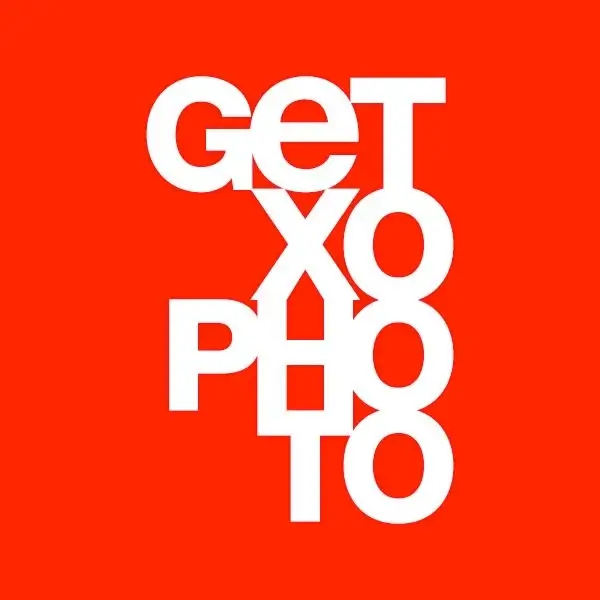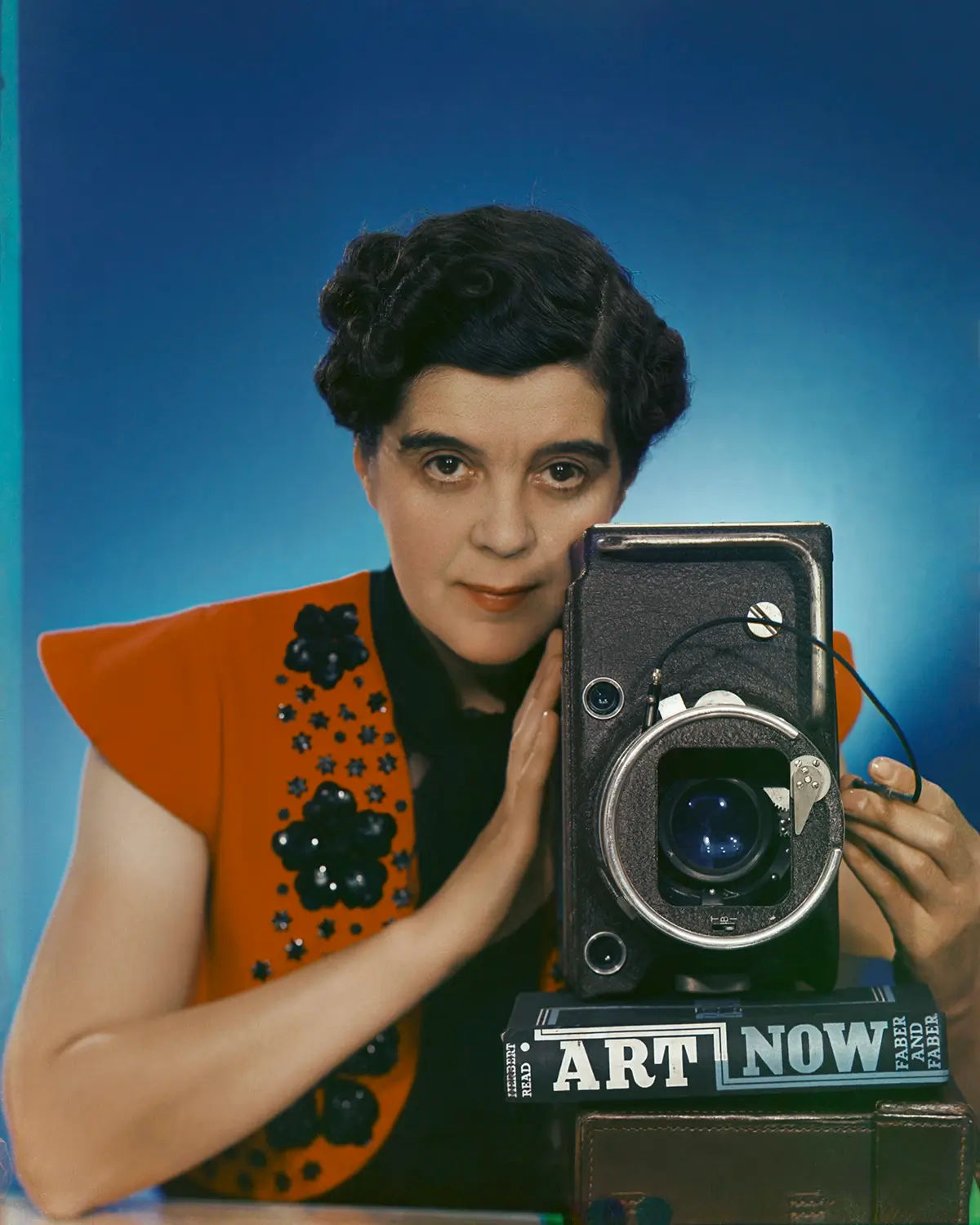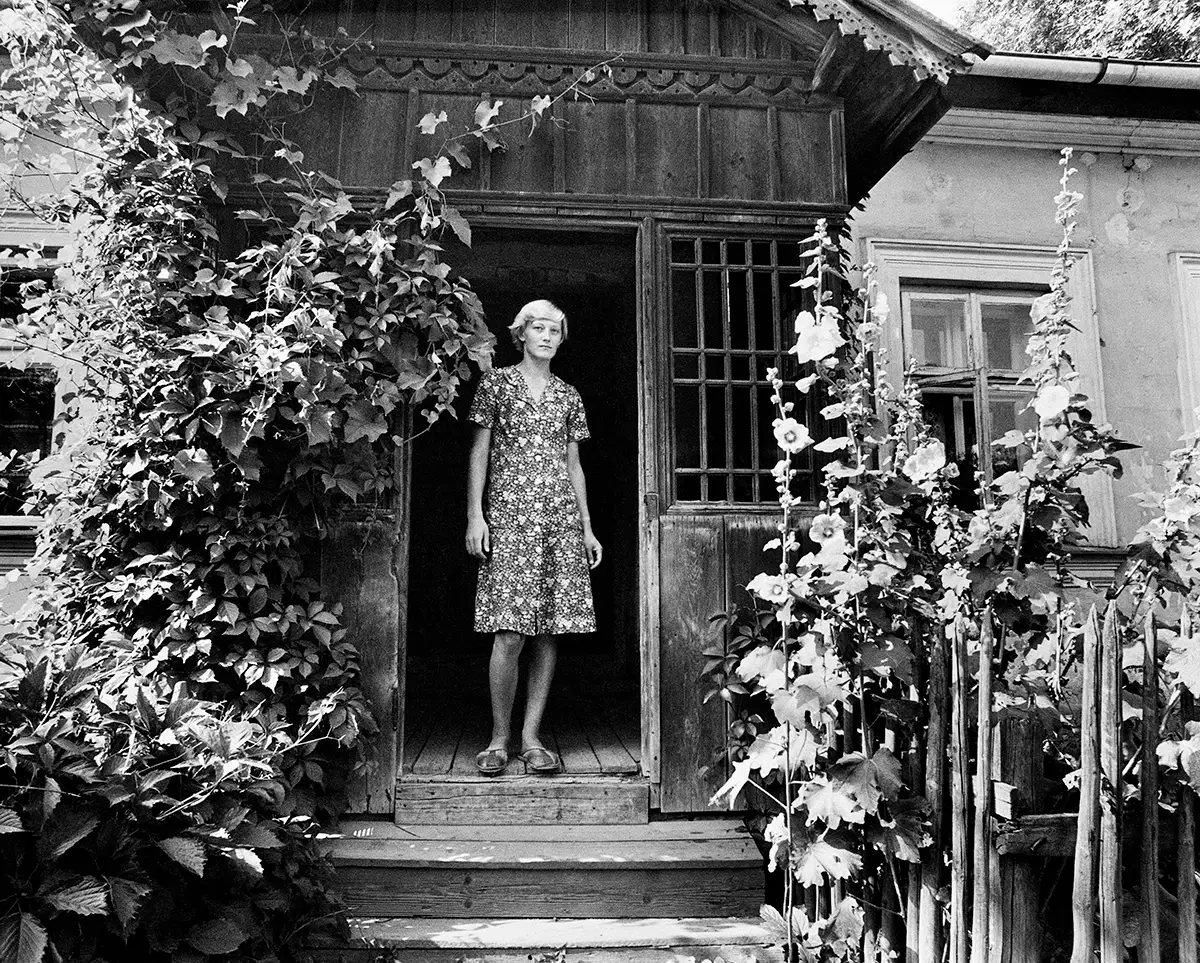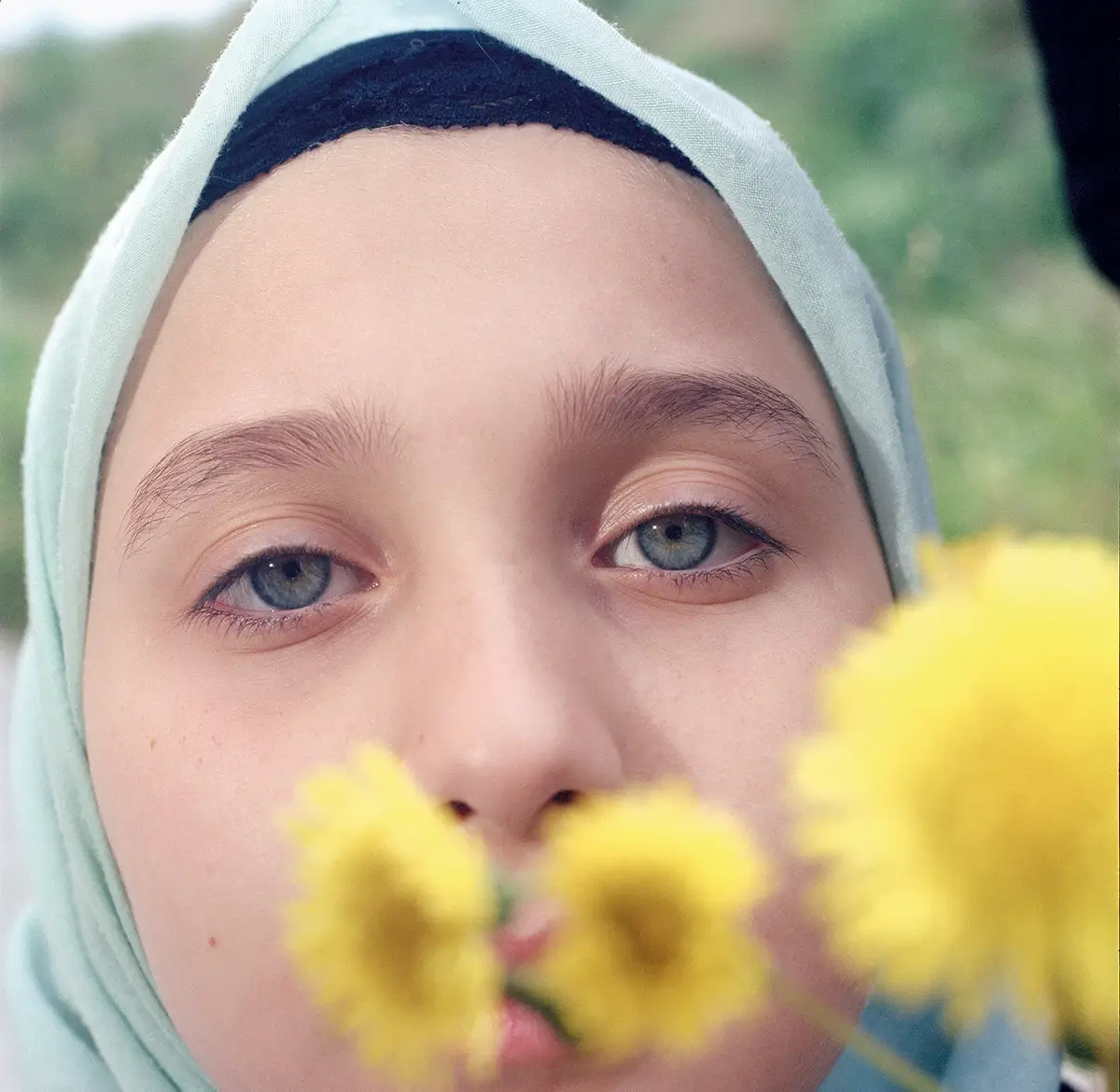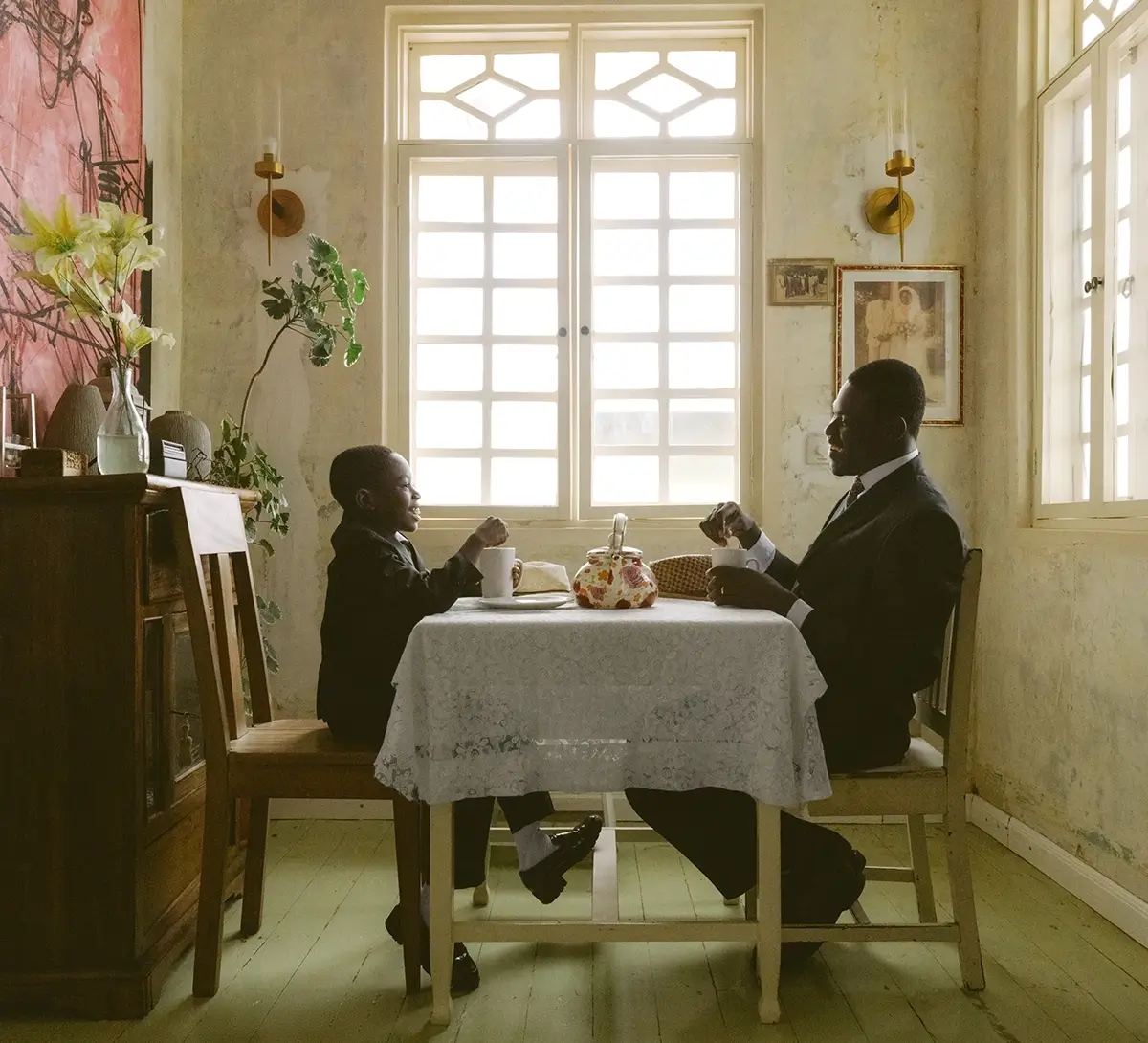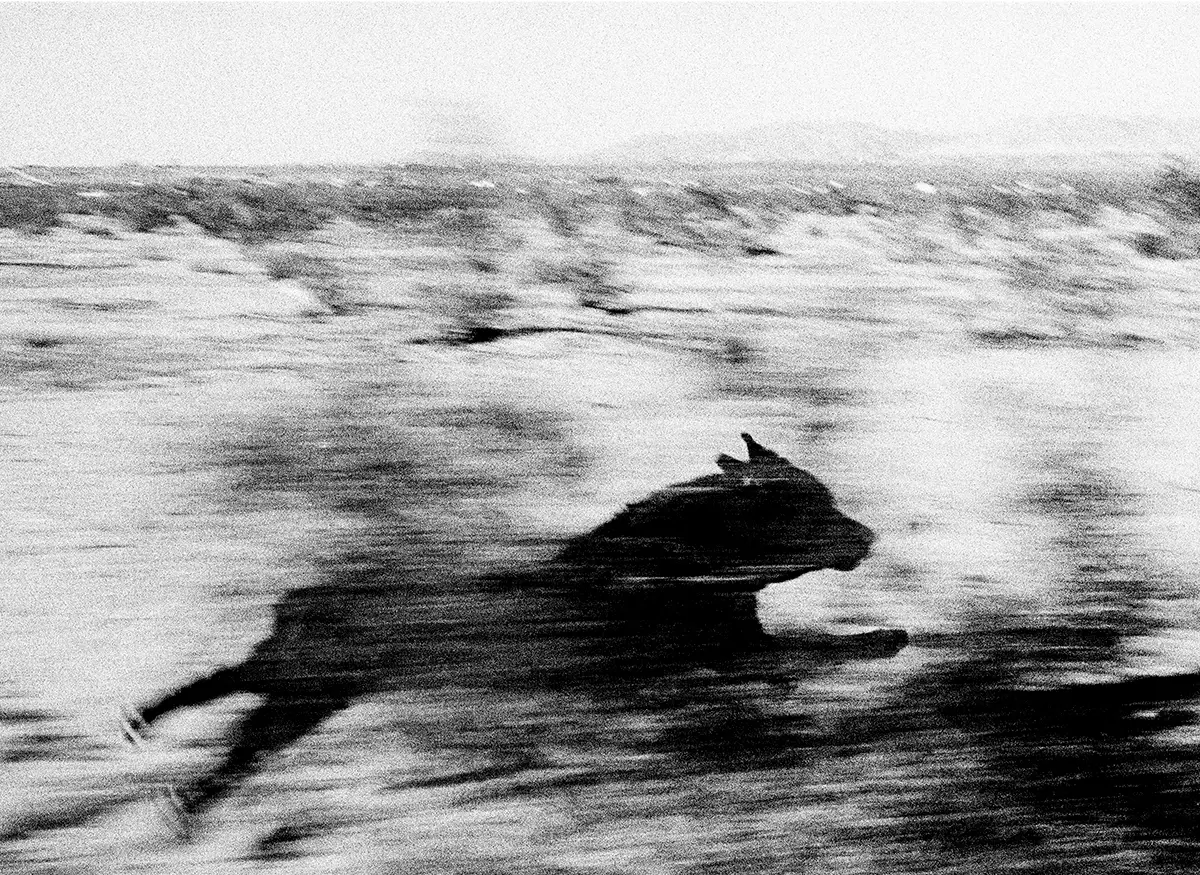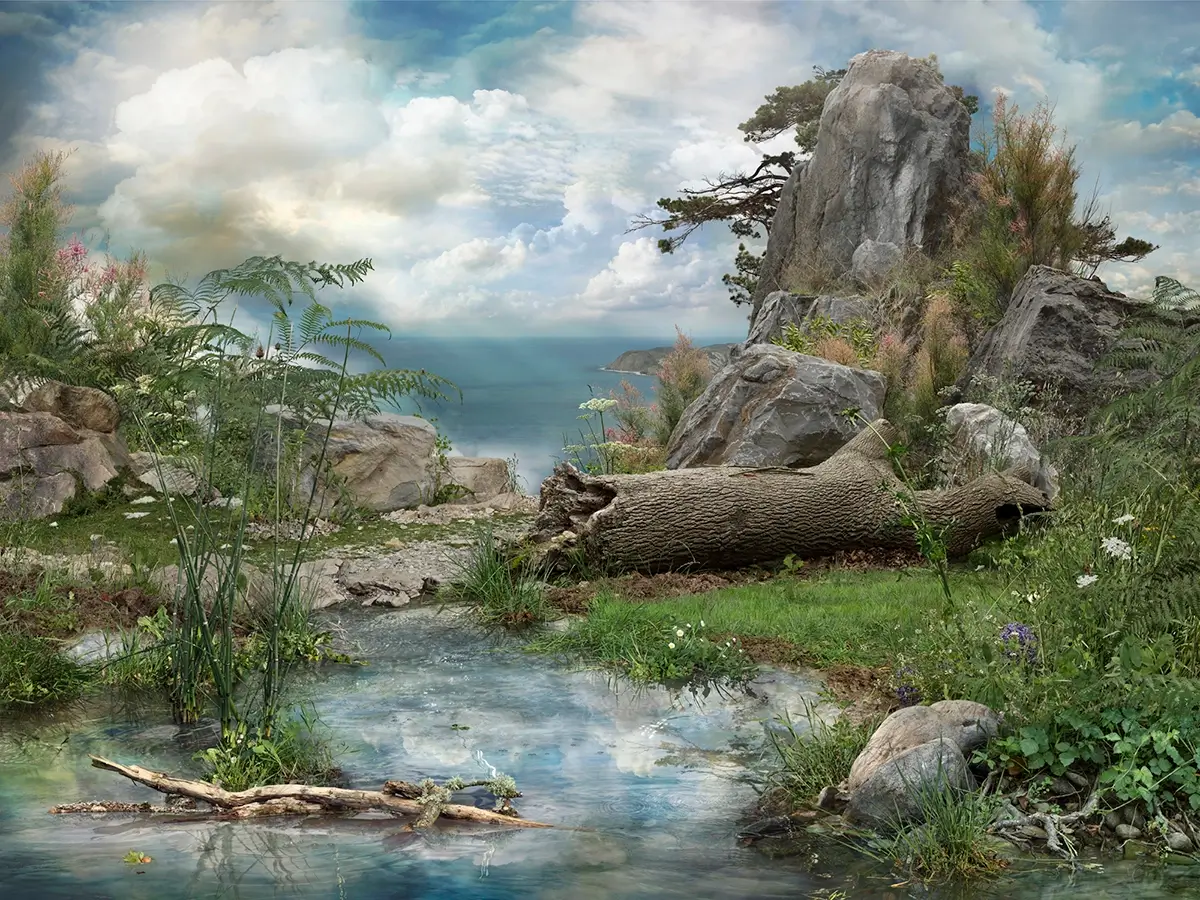The Getxophoto International Image Festival 2025 is currently taking place from May 29 to June 22, exploring this year’s theme: REC — that button we compulsively press on our devices to record the world around us. True to the Festival’s tradition, the concept is approached broadly, touching on issues such as the overproduction of images, the evolution of technology, archives, and memory.
As curator María Ptqk explains, this edition questions how the image arts are reinventing themselves within today’s landscape: What is the difference between accumulating files and crafting a narrative? What is the future of the image — and of memory shaped through visual recording — in a world of extreme REC: immaterial, easily manipulated, and seemingly infinite?
Artists from countries including Switzerland, Japan, Ghana, Italy, Belgium, New Zealand, Taiwan, Argentina, the United States, and Turkey are presenting their work through exhibitions and installations, most of them outdoors, spread across various areas of Getxo. The Festival stands out for its deep commitment to public space as a site for gathering and artistic expression. It's a cultural initiative designed to reach a broad audience, connecting the local community with both national and international voices — transforming the streets of Getxo into a vibrant, creative hub for nearly a month.
Following Pause (2023) and Play (2024), REC (2025) completes the trilogy curated by María Ptqk. The theme of recording serves as an entry point into pressing issues such as image saturation, the future of archives, and the challenges posed by artificial intelligence.
Among the twenty featured projects, Yevonde’s work is especially noteworthy. A pioneering British photographer and suffragette, Yevonde championed color photography at a time when it was rejected by the British establishment. “Each print is an experiment,” she once said, “because colour photography has no tradition, only a future.”
Another historical highlight is Zofia Rydet, who in 1978, at the age of 67 and newly retired, began documenting everyday life in Poland. Although she never fulfilled her dream of photographing every household in the country, she left behind over 20,000 negatives — a monumental legacy that serves as art, archive, and social record.
Self-taught and newly inducted into Magnum Photos, Turkish photographer
Sabiha Çimen presents her acclaimed project Hafiz (Guardians of the Quran). Drawing from her own past, she captures the lives of girls in Quranic schools with empathy and nuance, avoiding reductive stereotypes and emphasizing their individuality and shared experiences with teenagers worldwide.
From the Basque Country, José Ramón Ais presents Paque Natural in the Ereaga Gardens, one of the Festival’s most emblematic settings. His digitally constructed landscapes critique the artificial beauty and clichés associated with natural parks, calling into question our ideals of untouched nature.
From a political and contemporary angle, Italian photographer Federico Vespignani explores the ethics of war photography. His project Short-Term, But Long-Term comprises over 500 images taken from dating apps by Israeli soldiers stationed in Gaza in 2024. It probes urgent questions about the desensitization caused by violent imagery and the new reality of self-mediated war documentation, unprecedented in its immediacy.
Finally, the Paris-based activist collective RYBN.ORG presents The Great Offshore, a vast documentary project investigating the opaque world of offshore finance. Through documents, objects, and photographs of company addresses in notorious tax havens, the work reveals the hidden architecture of global wealth extraction. The material draws on over 800,000 leaked addresses from the International Consortium of Investigative Journalists (ICIJ).
